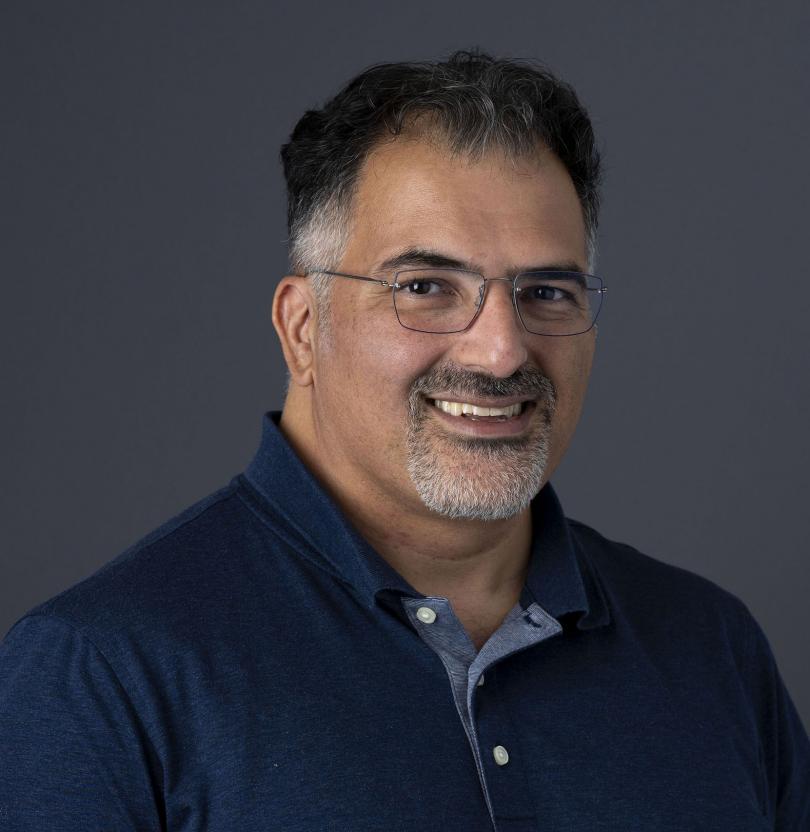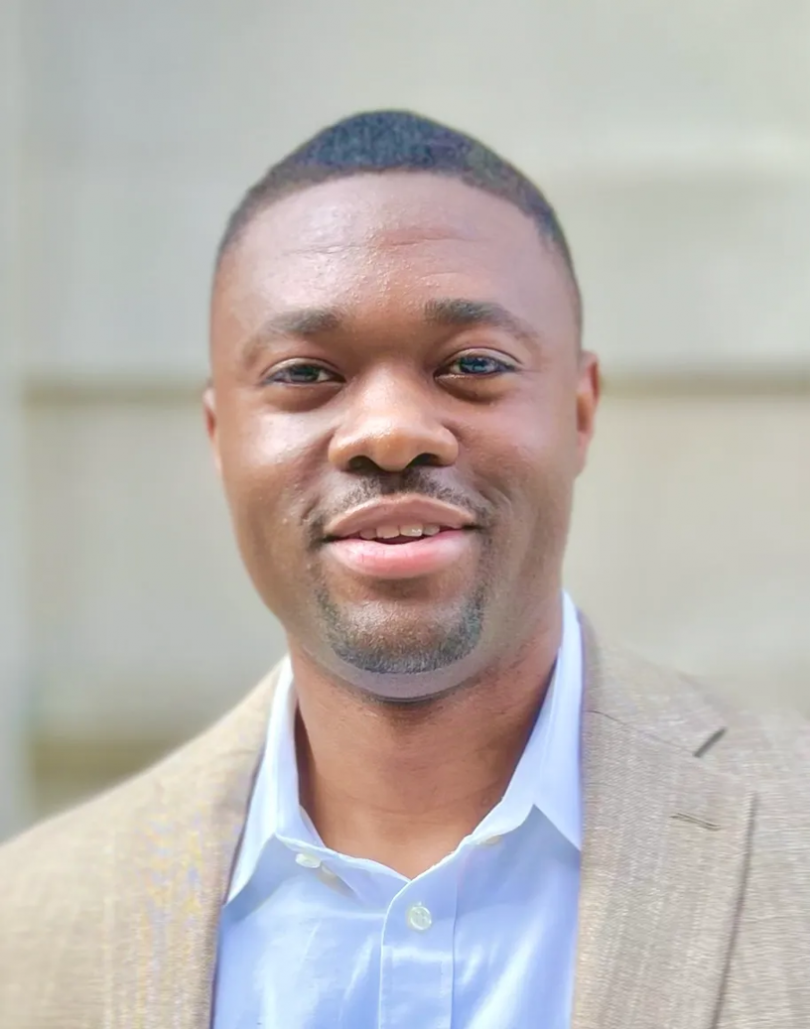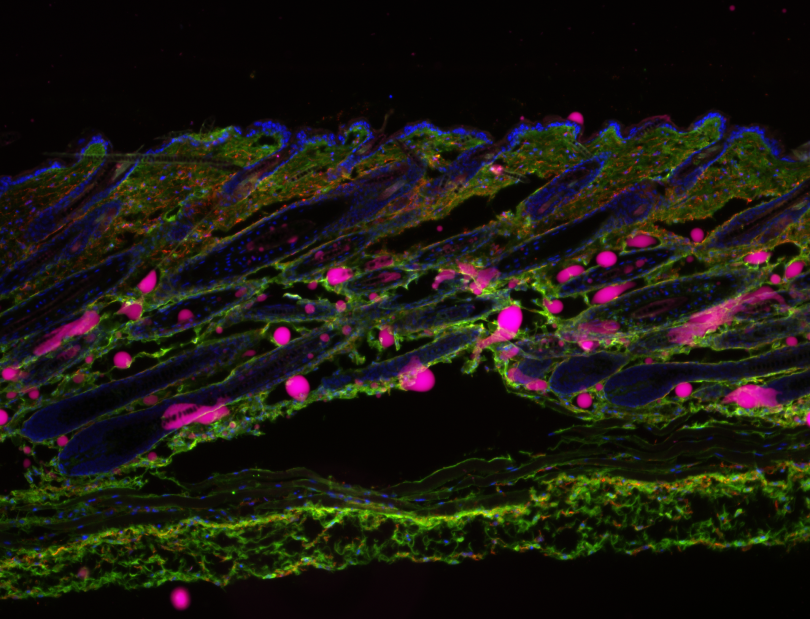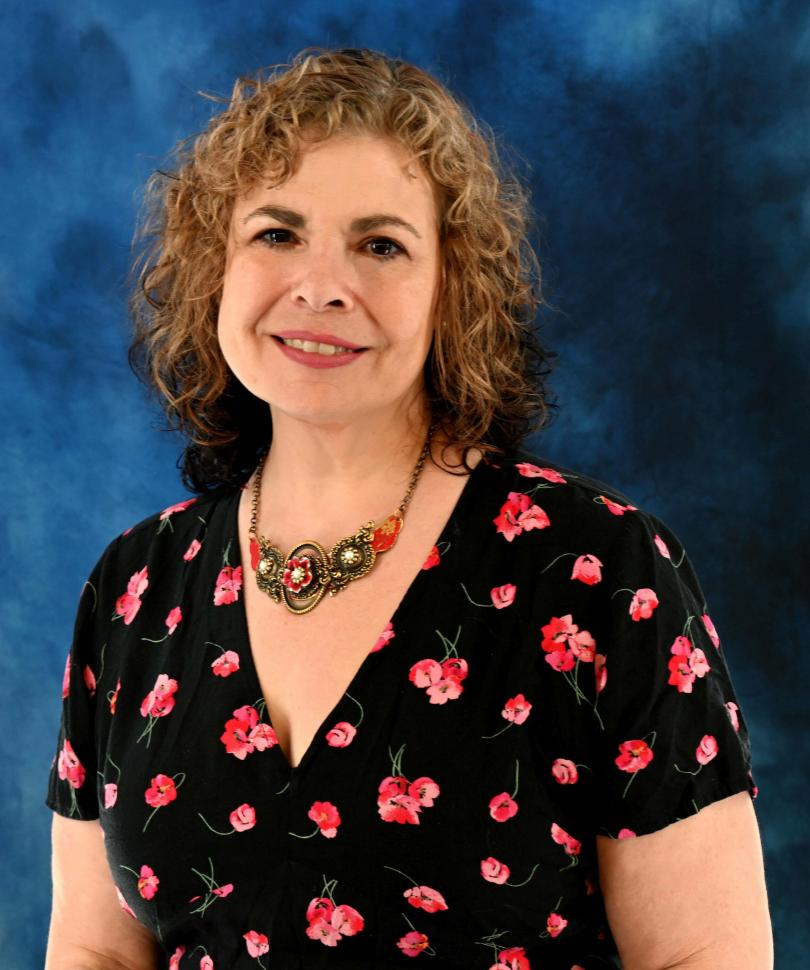"Space Medicine and the Future of Human Exploration"

Dr. Afshin Beheshti
Bio:
Afshin Beheshti, PhD is a Professor of Surgery and of Computational & Systems Biology at the University of Pittsburgh School. He serves as Director of the newly launched Space Center for Space Biomedicine and as Associate Director of the McGowan Institute for Regenerative Medicine at Pitt. In addition, Dr. Beheshti holds a visiting scientist appointment at the Broad Institute of MIT and Harvard.
Abstract:
Human spaceflight presents significant health challenges driven by microgravity, space radiation, isolation, and other environmental stressors. Recent multi-omics research has revealed that mitochondrial dysfunction is a central biological consequence of space travel, contributing to systemic impacts such as accelerated aging, cardiovascular disease, and impaired metabolic function. Data from astronaut missions and ground-based space analogs demonstrate persistent mitochondrial suppression even after returning to Earth. This talk highlights how space serves as a unique accelerated model for studying human diseases and aging, offering insights applicable both to space exploration and terrestrial medicine. Using advanced 3D organoid models and multi-omics analysis, we have identified promising countermeasures, including the natural flavonoid Kaempferol, which restores mitochondrial bioenergetics and reverses radiation-induced gene expression changes in multiple tissues. These findings underscore the critical role of mitochondria as both biomarkers and therapeutic targets for sustaining human health in deep space missions, while also advancing precision medicine strategies on Earth.

 Dr. Yvon Woappi
Dr. Yvon Woappi
